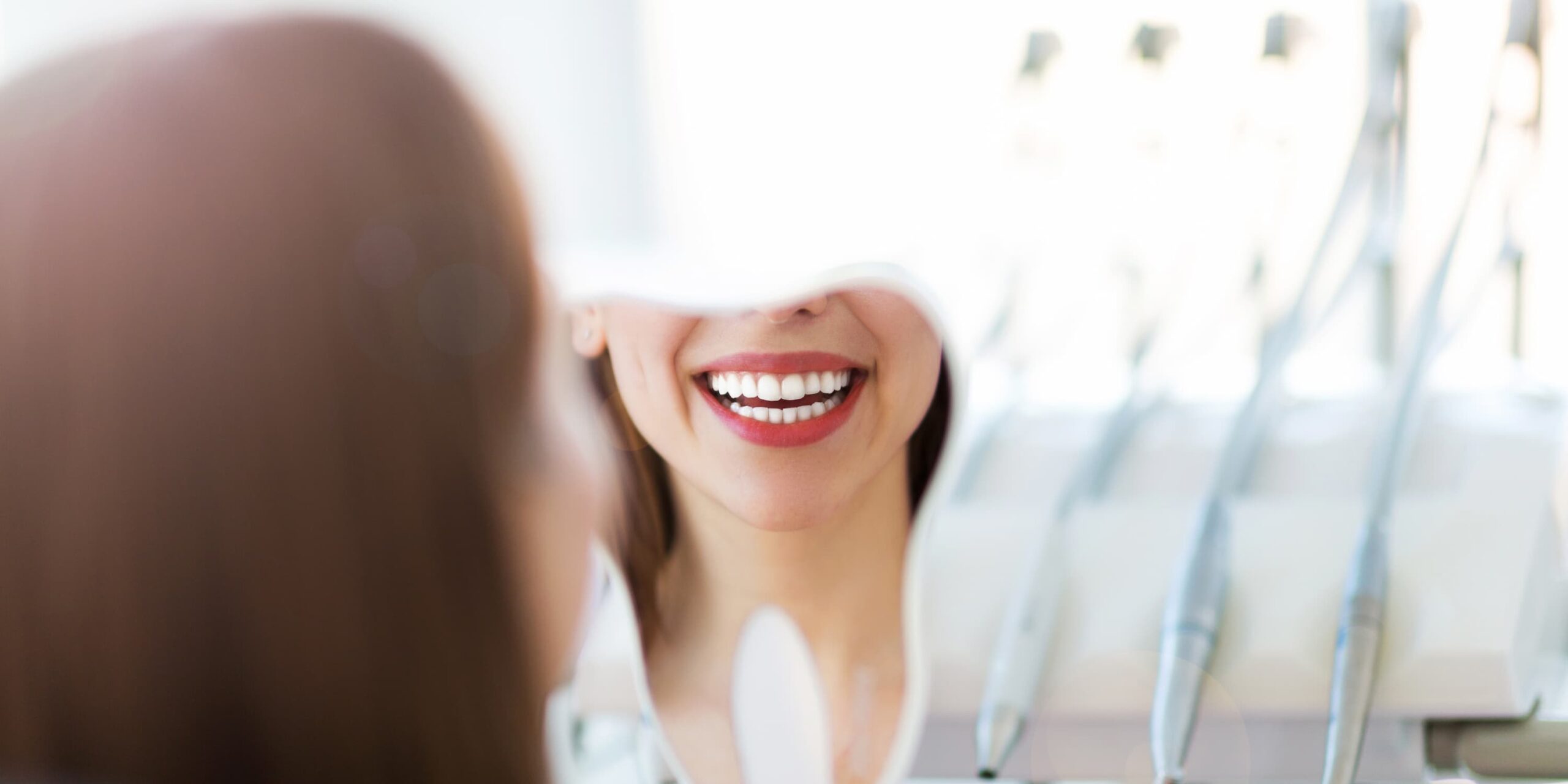Oral hygiene is critical to one’s health, and choosing not to prioritize dental care can lead to disease. Most don’t think about dental hygiene outside of the daily teeth brushing or routine dental visits. Is there more information you should be considering for dental care? Could you improve your hygiene with a few easy changes? Let’s dive into the crucial yet simple steps you should follow to properly take care of your teeth.
Brushing Your Teeth
Most of us have the routine of brushing our teeth twice a day, once in the morning and again before bed. Since we were kids – this has been taught to us and is something we don’t even think twice about. Brushing twice a day is necessary because it prevents plaque buildup (a film of bacteria from food) from forming on your teeth. Going to bed before brushing your teeth allows bacteria to harden and turn into plaque. Plaque then begins to eat away at your tooth enamel (the protective tooth layer) and can lead to cavities, gingivitis, and tooth decay.
How to Brush Your Teeth & Tongue
Brushing twice a day won’t guarantee healthy results in your dental hygiene. As many of us are in a rush in the morning or don’t pay close attention to tooth brushing, hygienic issues can still occur. Poor or lackadaisical brushing can lead to neglected areas in your mouth from a proper daily cleaning. Also, don’t forget to brush your tongue, as bacteria and plaque can also form, causing bad breath or an infection.
Floss Each Day
Only about 30% of the population takes the time to floss their teeth regularly. Don’t let this be you! Flossing only takes a few minutes (at most) and is just as essential as brushing your teeth. Flossing reaches the bacteria/food that your toothbrush simply can’t. Meaning, if flossing isn’t something you are doing each day, you are continually missing certain areas leading to plaque buildup over time. If you hate the idea of flossing, try out dental flossers as they are easier to use for those hard-to-reach areas.
Use Products With Fluoride
Fluoride is a mineral that is commonly used to strengthen tooth enamel. When fluoride is used correctly in low concentrations, it forms an enamel crystal on your teeth, resistant to food acids on your teeth. Using a brand of toothpaste or mouthwash that has fluoride in it can prevent cavities and tooth decay. The amount of fluoride in tooth products should be used cautiously and differently across all ages, so be sure to review American Dental Association guidelines for more information.
Replace Your Toothbrush
When was the last time you replaced your toothbrush? If you can’t remember, it might be time to throw it out. According to dentists, toothbrushes should be replaced every three months for a few reasons. After this length of time, toothbrush bristles begin to fall out or bend, which affects the quality of brushing for your teeth. Your bristles must keep their shape throughout their lifetime so that you can reach all areas around the tooth, especially between the gums. Replacing your toothbrush is also necessary as certain viruses can remain on your toothbrush for days at a time. Don’t worry – most of the bacteria on your toothbrush dies after the brush air dries, so this isn’t something you have to worry about on a day-to-day basis.
Make Regular Appointments to the Dentist
Teeth issues can sneak up on anyone, as many don’t experience pain or symptoms early on. Most of us aren’t examining our gums or teeth, and without the expertise from a dentist, we can’t see any developing issues. Among all health problems, it’s essential to catch them early on when they can be treated more easily without spreading.
Generally speaking, you are probably aware of the dental routines you should be practicing daily to maintain good health. However, it can be easy to forget about the importance of taking your time when it comes to your dental hygiene and paying attention to the intricate details of taking care of your teeth.
For other health-related information, check out:
How Do Caffeine and Alcohol Affect My Health?
How Much Sleep Should I Be Getting?
How Does My Weight Change As I Get Older?




